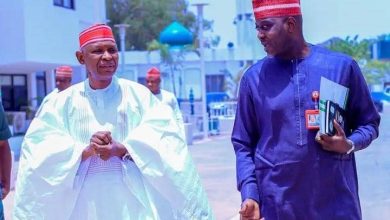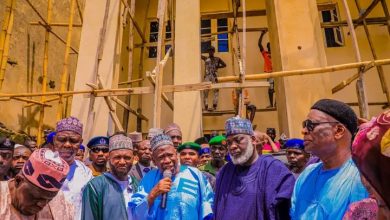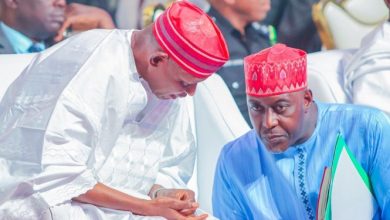
The House of Representatives has passed for first reading a bill seeking to ban public and civil servants, including their immediate family members, from patronising private schools and healthcare facilities in Nigeria. The bill, titled the Private Institutions and Health Care Service Providers (Prohibition) Bill, 2025, was sponsored by Hon. Amobi Godwin Ogah, representing Isuikwuato/Umunneochi Federal Constituency of Abia State.
According to Hon. Ogah, the proposed law is aimed at restoring public confidence in Nigeria’s education and health systems, strengthening public institutions, and eliminating conflicts of interest in governance. He stressed that public officers should only access the same services they provide for the general population, arguing that this would create direct accountability and force improvements in service delivery.
Speaking to journalists after the bill’s introduction, Ogah described it as a “turning point in the history of our nation,” lamenting that many public officials routinely bypass the poor state of public schools and hospitals by opting for private and foreign alternatives often funded by taxpayer money.
Read Also:
Aminu Gidado Yusha’u Appointed Kano ACReSAL Project Coordinator
He cited shocking statistics, including the $1 billion Nigerians spend annually on foreign medical care and the $38.17 million spent on foreign education in just the first quarter of 2024 alone. Ogah also referenced how the administration of late President Muhammadu Buhari reportedly spent $29.29 billion on medical treatments abroad in eight years, despite Nigeria allocating over N1.3 trillion to healthcare in the 2024 national budget.
Drawing inspiration from Nigeria’s founding fathers like Sir Ahmadu Bello, Dr. Nnamdi Azikiwe, Chief Obafemi Awolowo, and Alhaji Tafawa Balewa—who all attended public or mission schools—Ogah argued that reliance on public institutions fostered national loyalty, growth, and self-reliance.
He noted that the continued neglect of public schools and hospitals is a direct result of elite detachment, as those who make decisions about national development do not experience the failures of the system firsthand.
“If we have begun the process of fuel subsidy removal, we must also enforce this bill,” Ogah stated, emphasizing that true reform requires sacrifice and commitment from those in positions of power.
The lawmaker concluded by calling on fellow legislators, the media, and civil society to support the initiative and help drive a public campaign with the hashtag #PromoteOurSchoolsAndHealthcareServices, aimed at reclaiming Nigeria’s failing public institutions.



